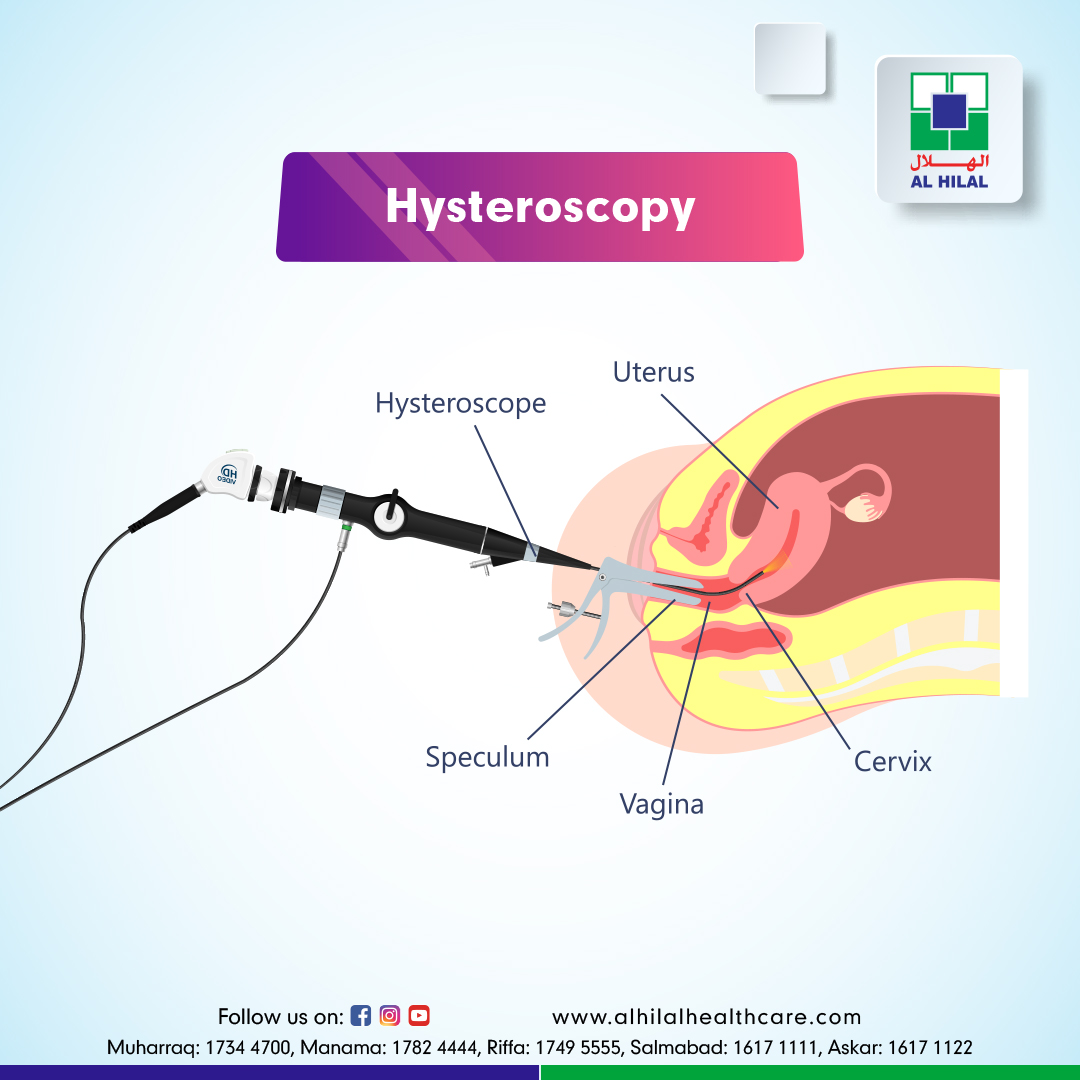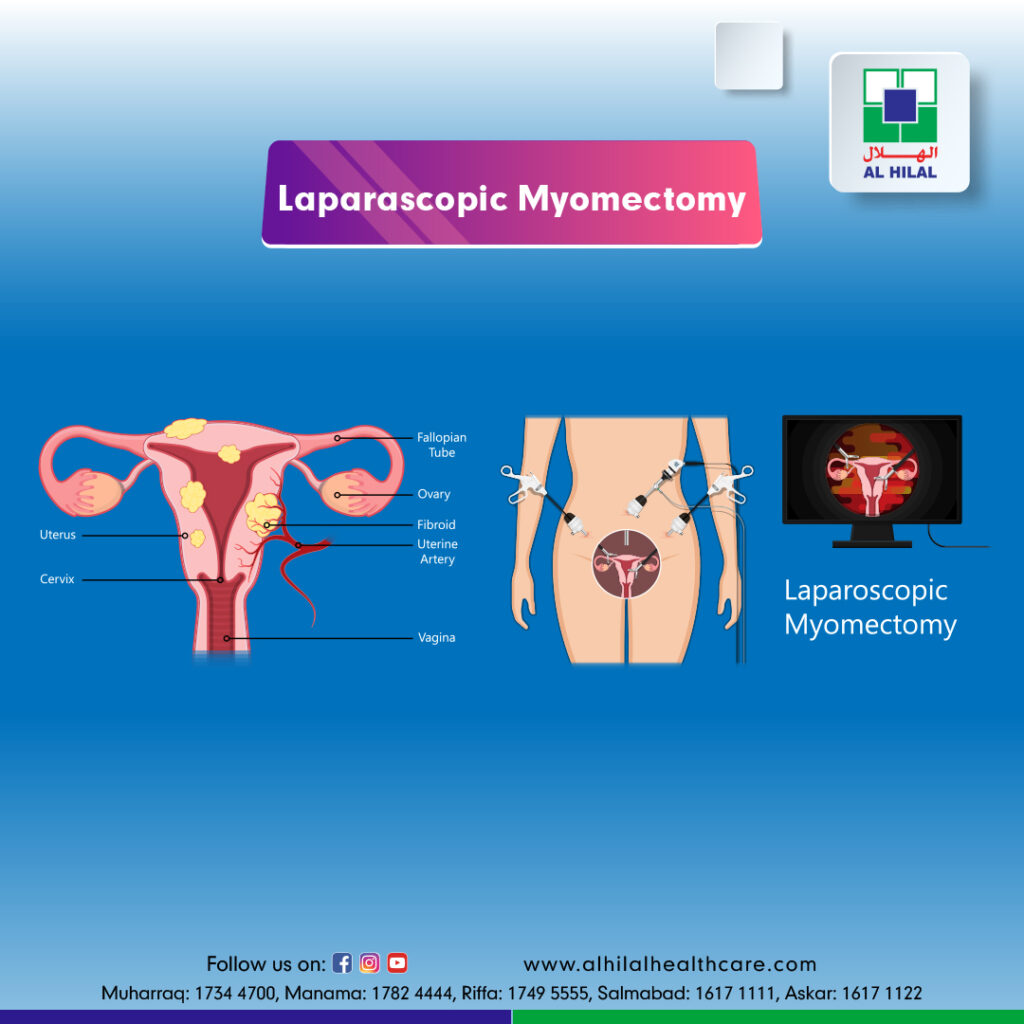What Is Infertility?
Infertility is a disorder of the female or male reproductive system defined as failing to get pregnant even after 12 months or more of regular unprotected sexual intercourse.
Types Of Infertility:
Infertility can either primary or secondary:
Primary infertility is when a woman has never attained a pregnancy, and secondary infertility is when at least one prior pregnancy has been completed.
Symptoms Of Infertility:
The main symptom of Infertility is not able to conceive a baby. Sometimes, women with infertility may have absent or irregular menstrual cycles. In a few cases, men with infertility may have some signs of hormonal problems, such as sexual function or changes in hair growth.
Causes Of Infertility:
Infertility may be caused by several factors in male or female reproductive systems. However, it is sometimes not able to explain the causes of infertility.
Infertility in Females:
In the female reproductive system, infertility may be caused by:
- Uterine disorders such as fibroids, endometriosis, or septate uterus
- Tubal disorders
- Disorders of the ovaries, such as PCOS
- Disorders of the endocrine system causing reproductive hormone imbalances
Infertility in Male:
In the male reproductive system, infertility may be caused by:
- Hormonal disorders
- Obstruction of the reproductive tract – a blockage in ejaculatory ducts and seminal vesicles
- Testicular failure to produce sperm is due to varicoceles or medical treatments such as chemotherapy
- Abnormal sperm function and quality
Risk Factors For Becoming Infertile:
Many of the risk factors for female and male infertility are the same. They include:
- Age: Women’s fertility gradually declines with their age, especially in the mid-30s, and it drops rapidly after age 37. Men over the age of 40 may be less fertile than younger men.
- Use of Tobacco: Smoking tobacco or marijuana by either partner may reduce the likelihood of pregnancy. Smoking can enhance the risk of erectile dysfunction and a low sperm count in men.
- Use of Alcohol: Heavy alcohol use can decrease sperm count and motility in men.
- Being Overweight: Being overweight and having an inactive lifestyle may grow the risk of infertility. The count of sperm also may be influenced by being fat for men.
- Being Underweight: Women at risk of infertility include eating disorders, such as bulimia or anorexia, and those who follow a restrictive or very low-calorie diet.
- Lack of Exercise: A lack of exercise contributes to obesity, which increases the risk of Infertility.
Why The Treatment Of Infertility Has To Be Done?
Every human being has a right to enjoy the highest attainable physical and mental health standards. Couples and individuals have the right to determine their children’s number, timing, and spacing. Many people, including same-sex partners, heterosexual couples, individuals who are not in sexual relationships, older persons, and those with certain medical conditions, such as cancer survivors and HIV serodiscordant couples, may require infertility management and fertility care services.
Infertility has severe negative social impacts on the lives of infertile couples and particularly women, who frequently experience divorce, violence, social stigma, emotional stress, depression, anxiety, and low self-esteem.
Diagnosis Of Infertility:
Tests for Men:
Men may have to go through a general physical exam, including examining the genitals.
Specific fertility tests may include:
- Semen Analysis
- Hormone Testing
- Genetic Testing
- Testicular Biopsy
- Imaging, Transrectal, or Scrotal Ultrasound
Tests for Women:
Women may have to undergo a general physical exam, including a regular gynecological examination.
Specific fertility tests may include:

- Hysterosalpingography: This test assesses the condition of your fallopian tubes and uterus and looks for problems like blockages.
- Ovulation Testing: This is a blood test that measures hormone levels to determine whether you’re ovulating.
- Ovarian Reserve Testing: This test helps in determining the number of eggs available for ovulation
- Another Hormone Testing: Other hormone tests check levels of pituitary hormones and ovulatory hormones that control the processes of reproduction.
- Imaging Tests: This pelvic ultrasound looks for ovarian or uterine diseases. Sometimes a sonohysterogram also called a saline infusion sonogram, is also used to see details inside the uterus that cannot be seen on a regular ultrasound.
- Hysteroscopy: During the procedure, your doctor inserts a thin, lighted device through your cervix into your uterus to view any potential abnormalities.
- Laparoscopy: A laparoscopy may identify endometriosis, scarring, blockages or irregularities of the fallopian tubes, and problems with the ovaries and uterus.

Infertility Treatment:
There are three main types of fertility treatment:
- Medication
- Surgical Procedures
- Assisted Conception – including Intrauterine Insemination (IUI) and In-Vitro Fertilization (IVF)
Benefits Of Treatment For Infertility:
- IVF works where other infertility treatments fail
- Anybody can use it
- Can use donated eggs and sperm
- Increases the chances of having a healthy baby
- Decreases the chances of miscarriage
- Increases the chances of conception
Who Needs The Infertility Treatment?
- Women younger than 35 have been trying to get pregnant for at least a year.
- Women are 35 or older and have been trying to get pregnant for at least six months.
- Women trying to get pregnant have irregular, very painful, or no periods.
- Women trying to get pregnant have conditions like endometriosis, pelvic inflammatory disease, or a past miscarriage.
- The women and partners think there may be a malefactor.
Results Of The Treatment:
Women have a 10-20% chance of getting pregnant with each IUI cycle. So the more cycles you go through, the better your options become.
For IVF, most women typically see success rates of 20-35% per cycle, but the likelihood of getting pregnant declines with each successive round, while the cost increases. The cumulative effect of three complete IVF cycles increases the chances of a successful pregnancy to 45-53%.
Infertility Treatment In Bahrain:
Al Hilal Hospital is the largest and fastest-growing chain of private healthcare providers in Bahrain, with five branches. Al Hilal Healthcare Group is committed to providing high-quality healthcare services at an affordable price to the people of Bahrain through a combination of superior medical technology and excellent clinical services. Its vision is to be the largest healthcare service provider in the region by catering to the needy at the most affordable rates.
The Department of Obstetrics and Gynecology has been providing comprehensive healthcare for women. As a result, the healthcare group has successfully treated many infertile patients and gifted them the privilege of motherhood.
Infertility Specialist In Bahrain:
Al Hilal Healthcare group is equipped with several well-qualified and experienced Gynecologists who are specialists in treating Infertility.


